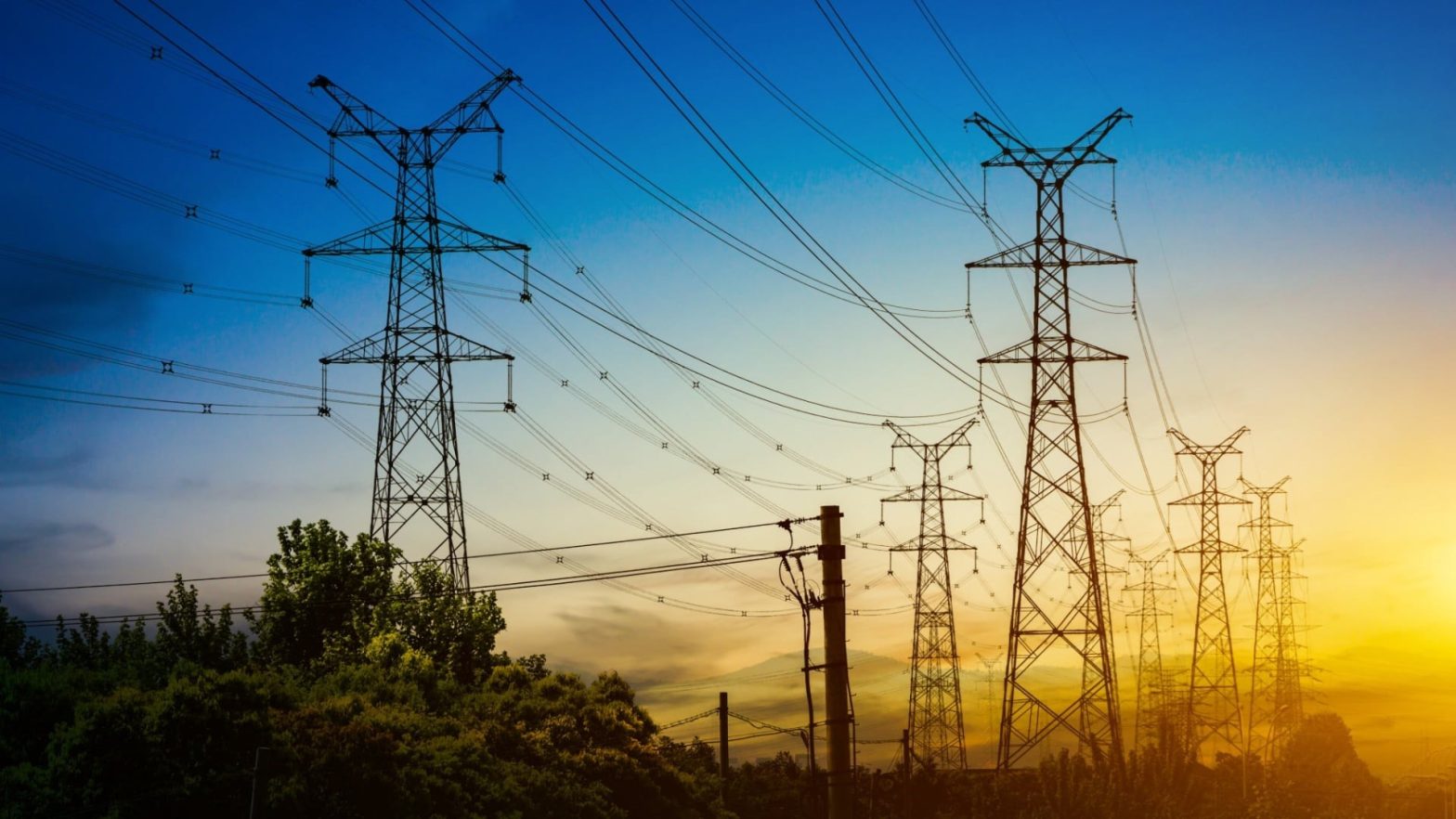Kathmandu: In a significant development for regional energy trade, Nepal has secured India’s approval to export electricity to Bangladesh, paving the way for the first-ever cross-border power trade between Nepal and a third country.
This breakthrough follows the tripartite agreement signed on October 3, 2024, between Nepal, India, and Bangladesh, which allows Nepal to transmit its surplus electricity to Bangladesh via Indian territory.
Chandan Kumar Ghosh, spokesperson for the Nepal Electricity Authority (NEA), confirmed the news to Republica, stating that while an official letter has not yet been received, Nepal has been informed that India has given the green light for the cross-border trade. “We have been informed that the Indian authorities have granted approval for the electricity trade with Bangladesh,” Ghosh said.
This marks the first time Nepal will export its electricity to a country other than India. In the fiscal year 2023/24, Nepal earned Rs 16.93 billion by exporting 1.94 billion units of electricity to India. Now, the focus shifts to Bangladesh, with a major step forward for Nepal’s long-term electricity export ambitions.
According to NEA officials, last month, a memorandum of understanding (MoU) was signed in Kathmandu between key stakeholders, including Kulman Ghising, Managing Director of NEA, Deino Naran, CEO of NTPC Vidyut Byapar Nigam, and Mohamad Rizwan Karim, Chairman of the Bangladesh Power Development Board (BPDB). While the three countries have been working through the technicalities and paperwork since then, this recent approval by India has set the stage for the first export.
Ghosh explained that for this year, Nepal will only export 40 MW of electricity to Bangladesh on a one-day basis—specifically on November 15, 2024. “Although the first export will be limited to just one day, it represents a major breakthrough for Nepal’s access to alternative electricity markets in the years ahead,” Ghosh said.
Nepal had initially planned to begin exporting electricity to Bangladesh earlier in the year. However, delays in the tripartite meeting, caused by internal protests in Bangladesh over its quota system, postponed the agreement. The meeting, originally scheduled for July 28, finally took place in October, allowing the three countries to finalize the deal.
Under the terms of the agreement, Nepal can export surplus electricity to Bangladesh via India from June 15 to November 15 each year. The electricity will be sold at a rate of 6.40 US cents per unit, as agreed between the NEA and BPDB. Over the five-month peak production period, Bangladesh will receive a total of 144,000 MWh of electricity, or 28,800 MWh per month. At this rate, Nepal is expected to earn US $9.216 million during the export period.
The electricity exported to Bangladesh will come from the 25 MW Trishuli and 22 MW Chilime hydropower plants, with both countries using India’s grid infrastructure for transmission. Initially, the export will be through the Baharampur-Bheramara section of the India-Bangladesh cross-border power transmission line. However, with India’s consent, Nepal will also be using the Dhalkebar-Muzaffarpur transmission line to send its electricity to India.
This development is part of Bangladesh’s long-term strategy to secure 9,000 MW of electricity from Nepal by 2040 as part of its push for cleaner, renewable energy sources. Nepal, with its abundant hydropower resources, sees this as a major opportunity to diversify its electricity export markets beyond India, which has traditionally been Nepal’s largest energy customer.
India’s approval for the cross-border trade aligns with its revised “Cross-border Electricity Import and Export Guidelines” introduced in 2020, which encourages greater regional cooperation in energy trade. Under this policy, India has shown greater flexibility in allowing neighboring countries to use its power grid for electricity transmission, marking a shift toward stronger regional integration.
As Nepal continues to expand its hydropower capacity, officials expect further growth in electricity exports to Bangladesh and other countries in the region, contributing to both Nepal’s economy and regional energy security.
